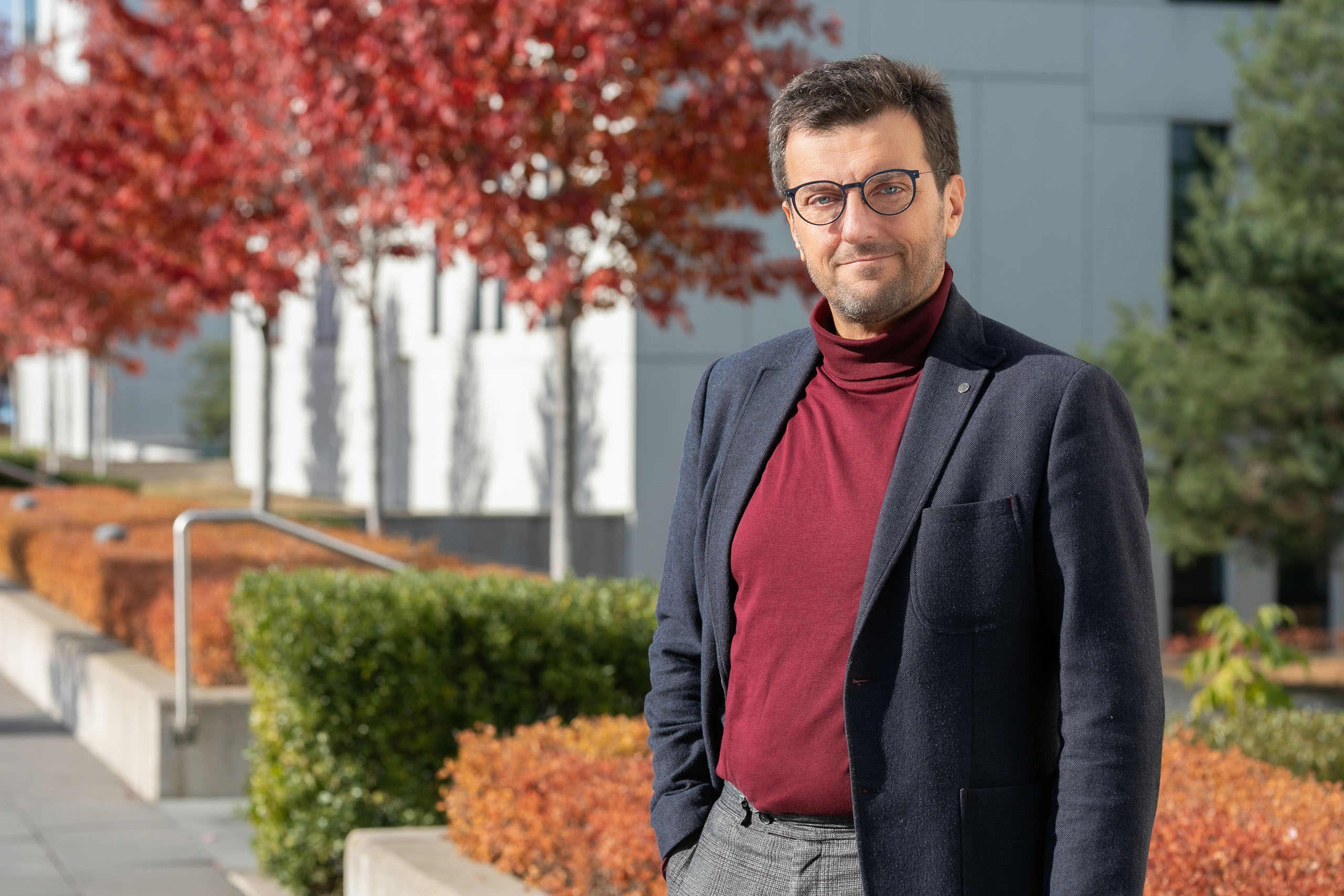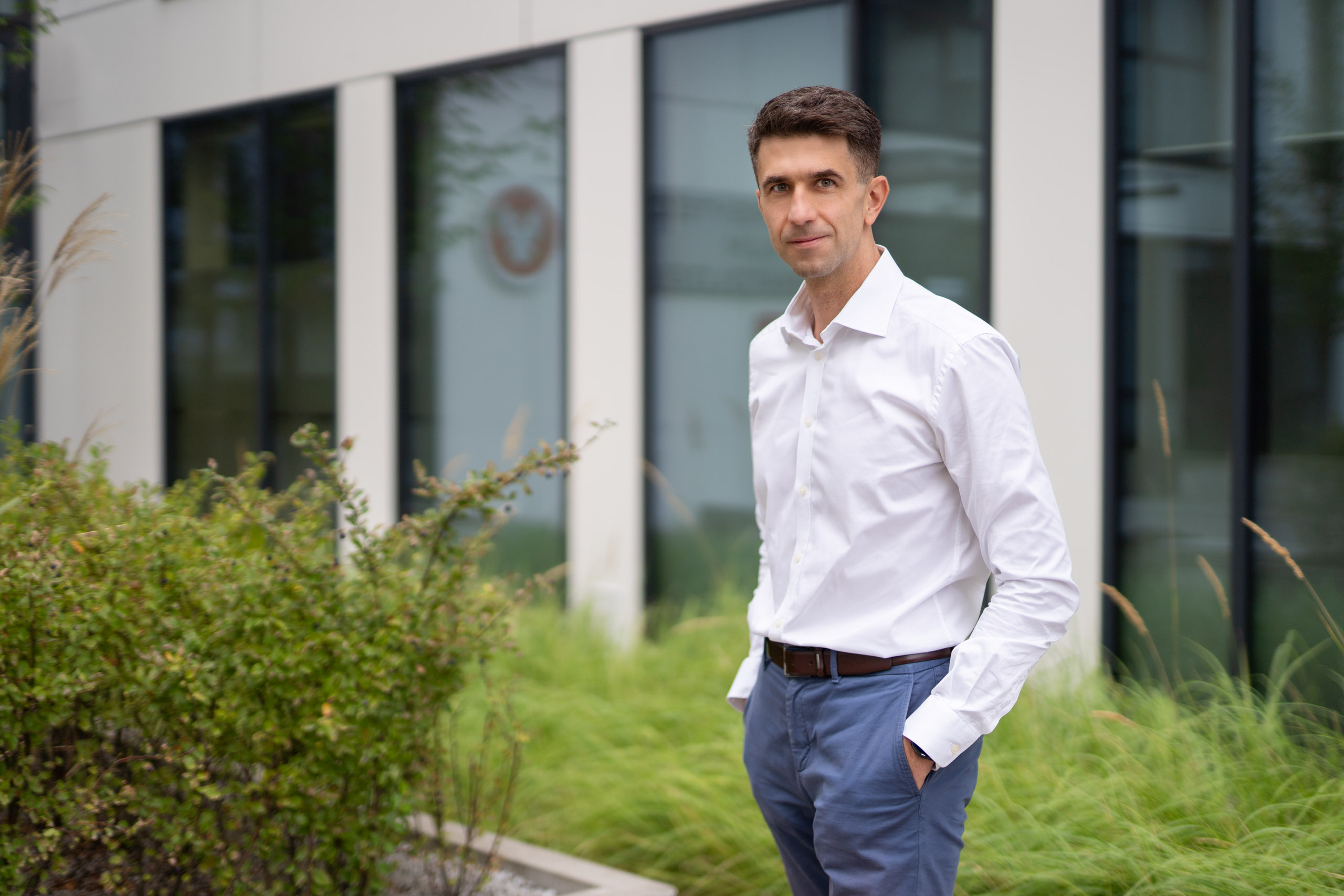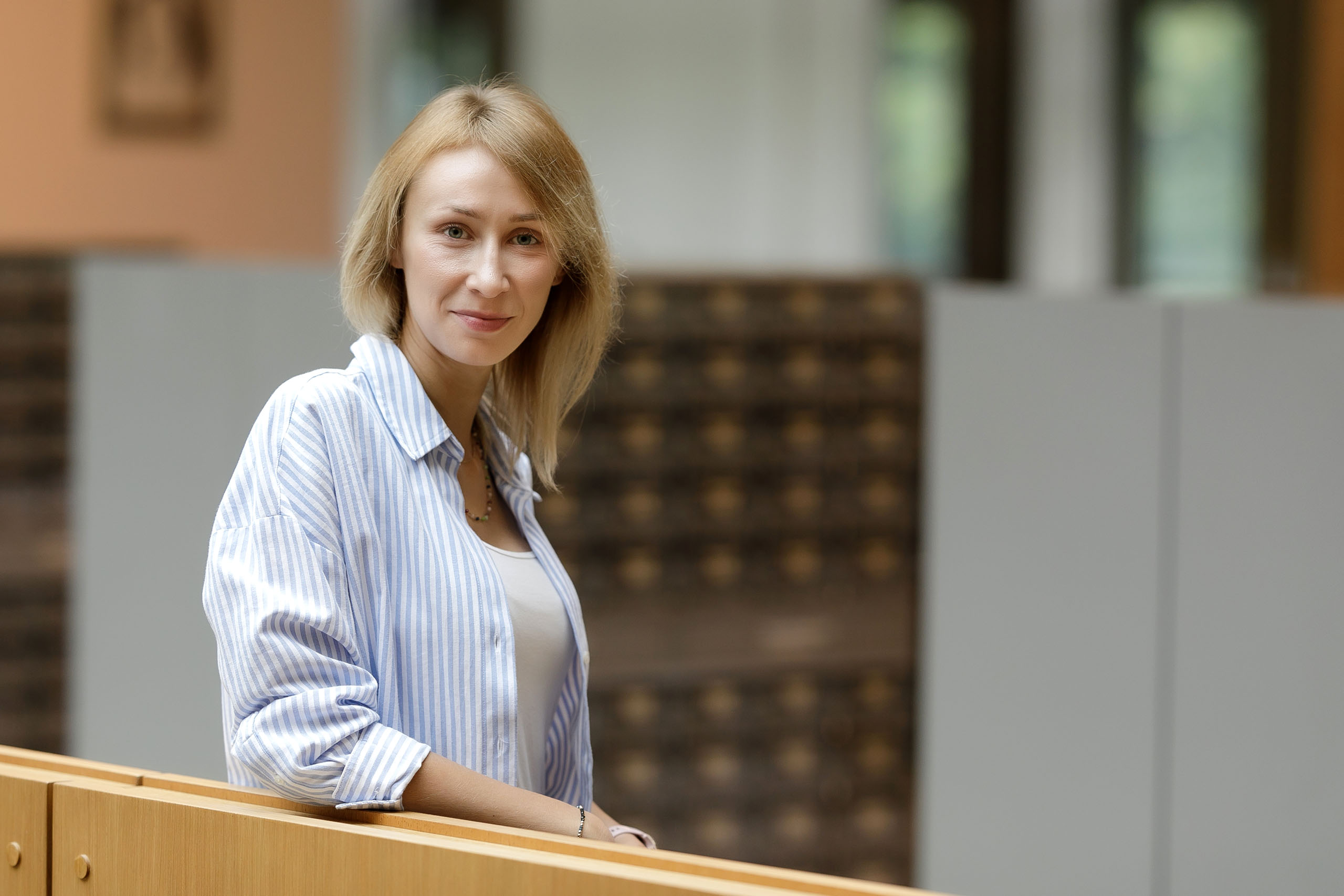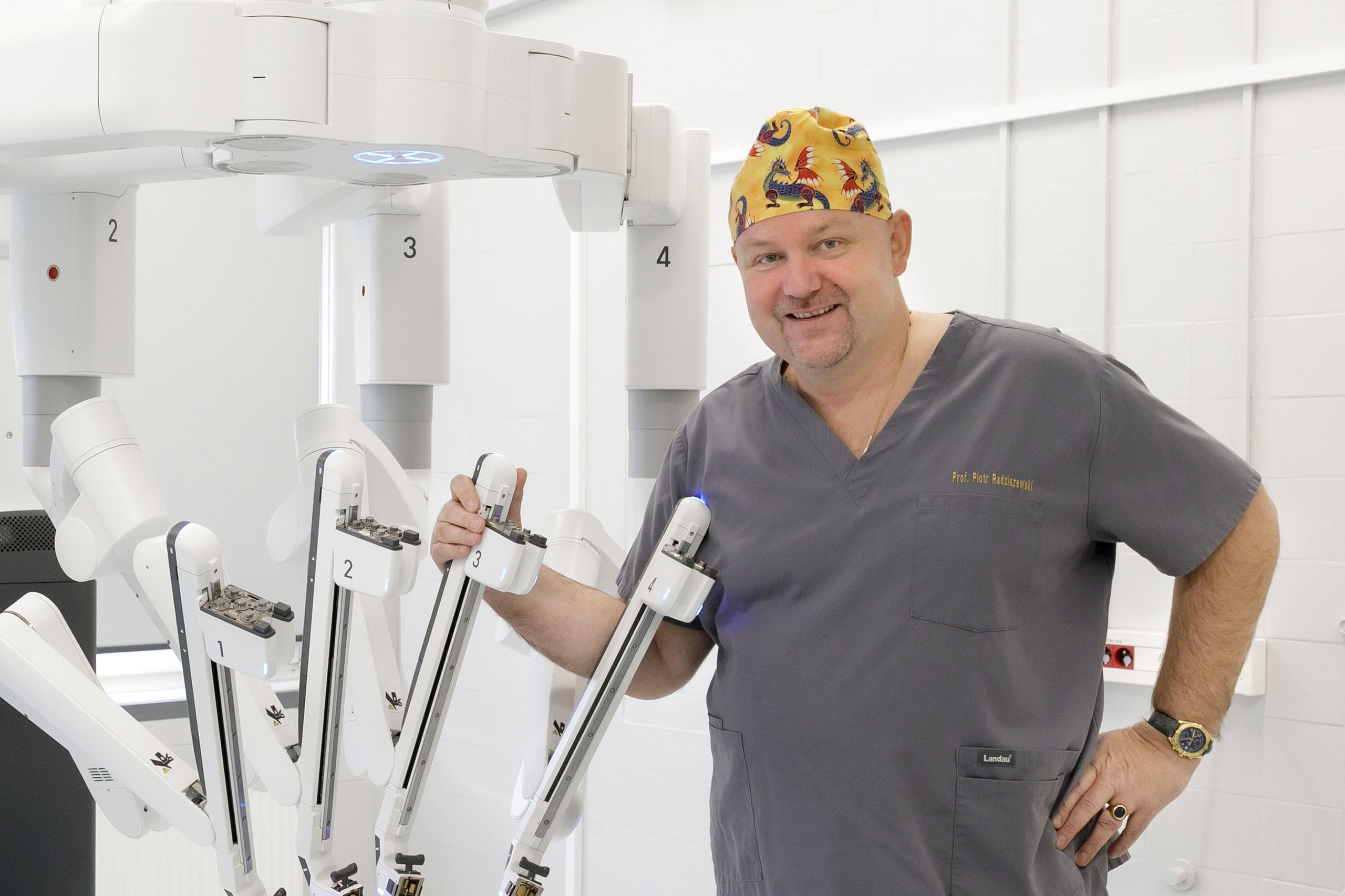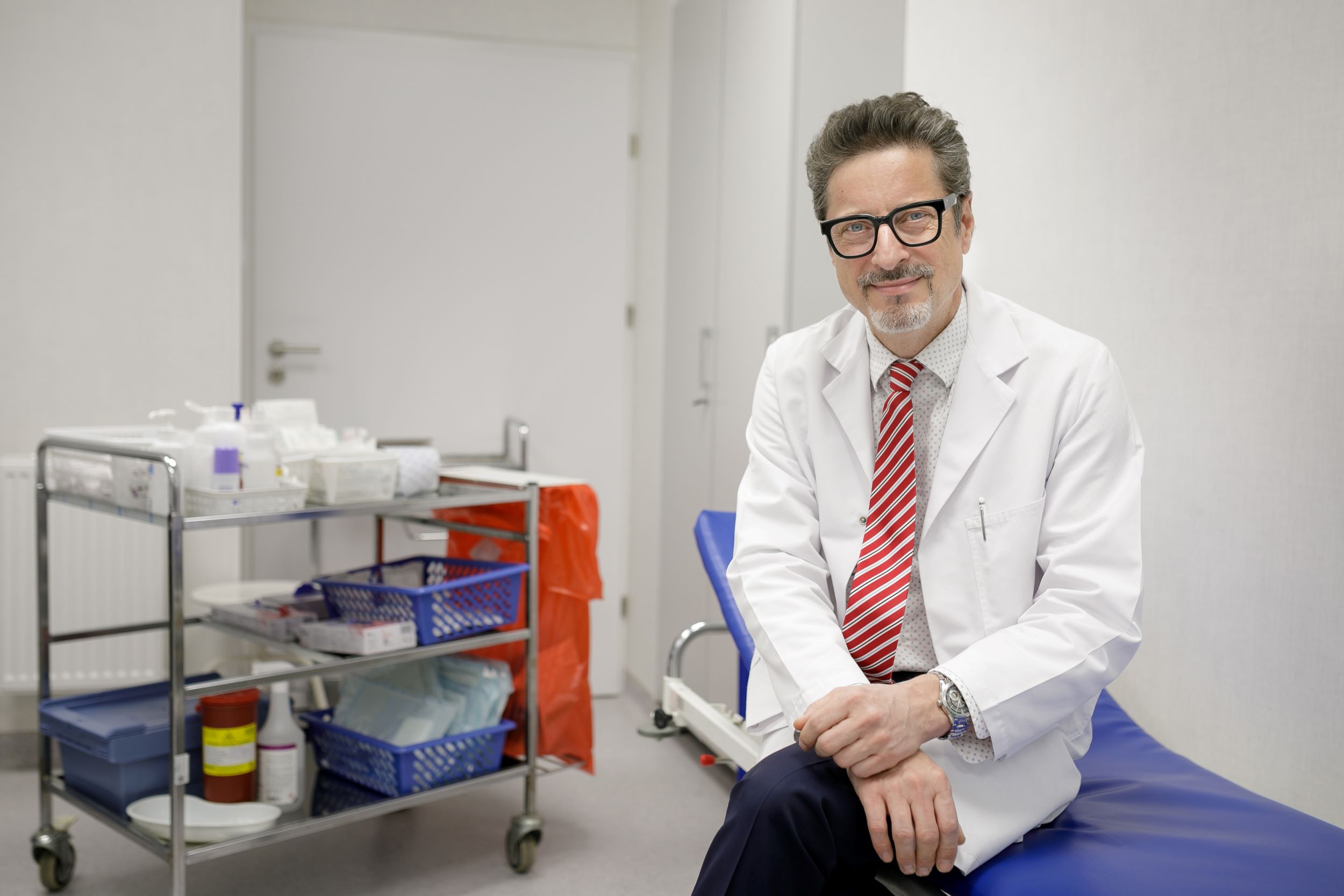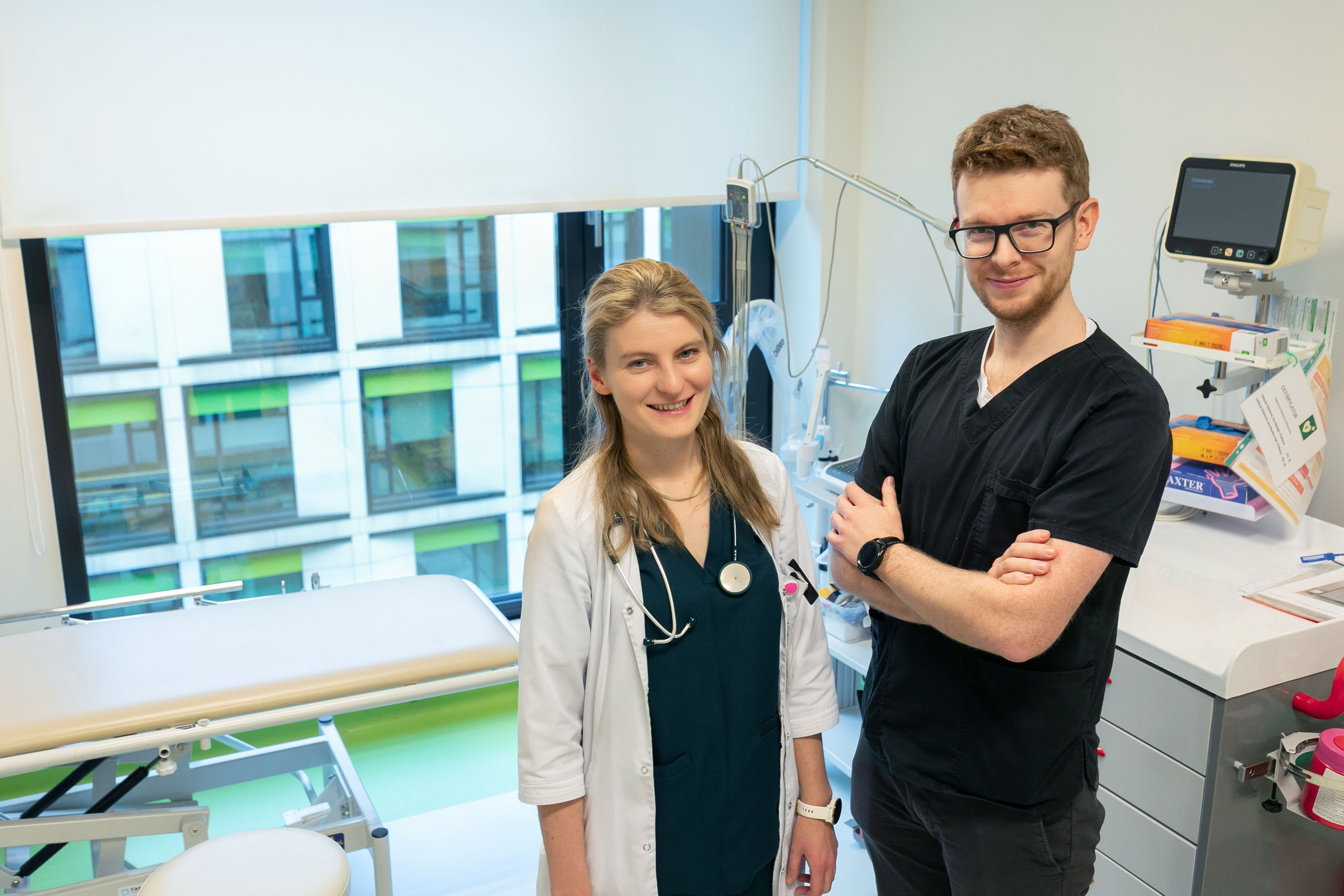Expert Guidance
The introduction of cell-based therapies based on chimeric antigen receptor T cells (CAR-T cells) has proved to be a breakthrough in the treatment of recurrent and refractory hematologic malignancies. Due to the complexity of the interaction of a “living drug” such as CAR-T cells with the patient's body, the pathophysiology of side effects and the mechanisms that determine a good response to treatment are not fully understood. In the project, carried out under a PRELUDIUM grant from the National Science Center, we want to characterize the molecular basis of the observed phenomena by determining which protein and metabolomic profiles are associated with a given clinical phenotype of patients receiving CAR-T therapy - says Jaromir Tomasik, a medical student and PhD student in the Chair and Department of Hematology, Transplantation and Internal Medicine MUW.
This year, the Nobel Prize in physiology or medicine was awarded to Victor Ambros and Gary Ruvkun for their discovery of microRNA and its key role in gene regulation in multicellular organisms, including humans. “What significance can this molecule have in medicine?” – we ask professor Paweł Włodarski, Head of the Department and Section of Histology and Embryology of the Medical University of Warsaw.
Among over 10,000 students of the Medical University of Warsaw (MUW), more than 700 are English-speaking persons. As both groups say, studying at a multicultural academy is something invaluable. This experience allows you to learn about other customs and traditions, opens you up to other people and their needs. We talked with Ms. Anna Kupczak, President of the MUW Student Government, and Ms. Maria Kienitz from the English Division Student Government (EDSG) about why it is still worth working together and what joint ventures Polish and foreign MUW students are planning.
How to obtain candidates for a research project, what is the “response rate” and how do the results of epidemiological research translate into benefits for society – these and other questions are answered by habilitated doctor of medical and health sciences Filip Raciborski from the Department of Environmental Hazard Prevention, Allergology and Immunology, Vice-Dean of the Faculty of Health Sciences for Public Health.
Numerous studies conducted among older children and adults have shown that the way we feed is related to the quality of our sleep. In the case of exclusively breastfed infants, the only source of energy and nutrients is mother's milk. However, there is no data on which components of breast milk may affect the quality and length of infants' sleep. I will seek the answer to this question in my research project, conducted at the Laboratory of Breastmilk and Lactation Research - writes Doctor of Medical and Health Sciences, PhD. Agnieszka Bzikowska-Jura from the Department of Medical Biology, Medical University of Warsaw.
“Despite the obligation to vaccinate children, the number of parents who avoid doing it is steadily growing. This group has grown more than 28 times over the past 20 years, reaching 87,344 in 2023. It should be emphasized that the giving up of mandatory vaccination is a global trend and its spread may lead to the loss of health security of the population,” wrote Paulina Mularczyk-Tomczewska, doctor of health sciences from the Department of Public Health of the Medical University of Warsaw, a member of the University’s team who participated in the implementation of the “Med Fake” project.
Using a robot, it is possible to remove the diseased prostate, cancered bladder or a kidney tumor. Compared to laparoscopy or open surgery, such procedures are less invasive for the patient and more comfortable for the surgeon. We talk with Prof. Piotr Radziszewski, Head of the Department and Clinic of General, Oncological and Functional Urology of the Medical University of Warsaw about how robots are used today in urology.
“One of the many challenges of modern medicine are chronic diseases, the diagnosis and treatment of which are difficult, and the symptoms of which are very troublesome for patients. These include endometriosis, a gynecological disease that is one of the causes of infertility and severe pain in women. Among the many hypotheses regarding the mechanisms of the development of this disease there is autophagy, the phenomenon of ‘self-eating’ of cells, which is the focus of our project carried out at the Department and Section of Histology and Embryology of the Medical University of Warsaw,” – wrote Maja Owe-Larsson, a fourth-year medical student.
This is one of the areas of medicine in which the greatest progress is currently being made. Today, surgeries on the spine and skull base can be performed endoscopically, an aneurysm can be closed through veins, without opening the skull, and a brain tumor can be removed with super-precision using neuronavigation and neuromonitoring. “In our clinic, we develop neurosurgery in many directions, so as to have an extensive portfolio of treatments and the ability to choose the best method for a specific patient,” said Prof. Przemysław Kunert, Head of the Department of Neurosurgery and Pediatric Neurosurgery at the University Clinical Center of the Medical University of Warsaw.
A lot is going on in the diagnostics and treatment of rare neurodevelopmental disorders in children. Advanced genetic testing and innovative therapies are gaining popularity. Yet there is one more very important aspect: collaboration among experts in various fields. We talk to physicians Sylwia Czarnecka and Michał Zawadka, specialists in pediatric neurology from Department of Pediatric Neurology UCK WUM, about why children with neurodevelopmental disorders need multidisciplinary care.

